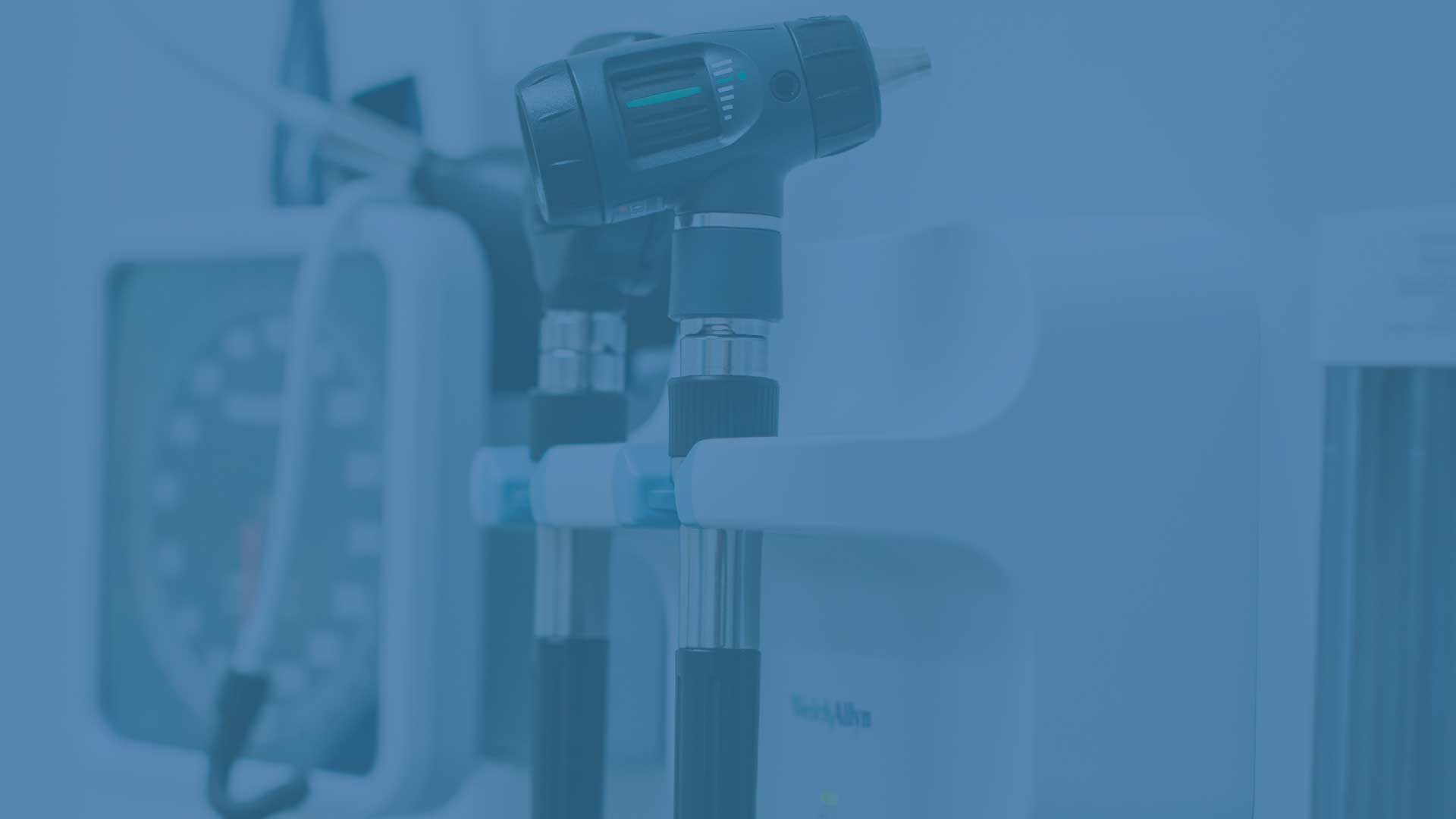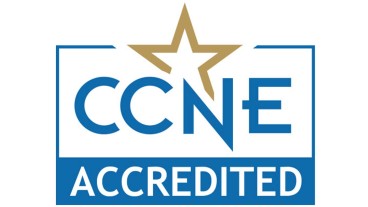
Family Nurse Practitioner (Post-Master's Certificate)
Get Started
Salve Regina University's online family nurse practitioner certificate is an accessible and intensive program designed for professionals who hold an M.S. in nursing and wish to transition their career to an advanced practice family nurse practitioner. Through didactic and experiential learning, we build on your previous training to provide preparation for national certification as a family nurse practitioner.
Earn Your Post-Master's Certificate in Nursing Online
Family nurse practitioners are advanced practice nurses who provide independent and collaborative health care based on evidence, scientific knowledge and science-based theory. Our post-master's certificate program addresses a growing need for practitioners to provide high-quality patient care across the lifespan.
Our family nurse practitioner program is delivered online in a thoughtful blend of live and self-paced courses, offering the flexibility required for working adults while also fostering personal connections with faculty and peers that are the hallmark of the Salve Regina experience.
A skills-based colloquium on campus is required when students reach the clinical portion of the course sequence. After completing 39 credits of coursework and a minimum of 750 clinical hours, students are eligible to sit for the national certification examination for family nurse practitioners. Qualified graduates are also eligible to progress seamlessly into our Doctor of Nursing Practice program.
Program format
Online
11 courses (39 credits)
Application deadline
Rolling admission
Fall, spring and summer starts available
Average time to complete
24-28 months
Family Nurse Practitioner Curriculum
Salve Regina's family nurse practitioner certificate is designed for registered nurses who hold a master's degree from an accredited institution. Students complete 11 courses (39 credits) and a minimum of 750 direct, supervised clinical hours across the lifespan. After earning the post-master's certificate, graduates are prepared to sit for the national certification examination for family nurse practitioners.
Required Courses
NUR503: Advanced Physiology and Pathology
This course addresses the normal physiologic and pathologic mechanisms of disease that serve as the foundation for advanced clinical assessment, decision-making and management. Physiologic changes are compared and contrasted over the lifespan; and developmental physiology, normal etiology, pathogenesis and clinical manifestations that are commonly found are addressed.
NUR505: Foundations of the Advanced Practice Nurse
This course focuses on leadership concepts and professional values as they apply to the advanced practice nurse in a variety of settings at all levels of prevention. The course provides an integration of science-based theory and concepts with an emphasis on role transition and synthesis. Professional issues, collaboration, scope of practice and advocacy are emphasized.
NUR512: Advanced Health Assessment
This course focuses on assessment of the health status of individuals and families throughout the lifespan, addressing cultural and developmental variations. Diagnostic reasoning is emphasized as the decision-making process, which differentiates normal from abnormal health states.
NUR534: Advanced Care for the Maternal and Family Unit
This course delves into the complex assessment and management of the pregnant female, fetus and family unit. Family dynamics and theoretical assessments are explored. The diverse care of the maternal-fetal unit is examined to provide holistic management of care incorporating pharmacologic management of health care issues.
NUR535: Pharmacologic Principles for Advanced Practice Nursing
This course focuses on the study of pharmacologic principles and nursing prescriptive authority for the management of common and complex problems.
NUR536: Advanced Care for the Pediatric Patient
This course delves into the complex development, stages and assessments in the management of the pediatric patient. Family dynamics and theoretical assessments are explored while focusing on the impact to the child. The stages of growth and development impacting advanced practice are also explored. Prescribing and dosing of pharmacological substances is discussed to understand the impact for the holistic management of care on the pediatric patient. Students identify advanced skills to assess, diagnose and manage pediatric health conditions, prevention of chronic diseases, and provide health promotion for the pediatric patient and family unit.
NUR540: Application of the Advanced Practice Nurse Role I
This clinical course facilitates implementation of the role of the advanced practice nurse. In consultation with faculty, students select an area of clinical practice and implement advanced clinical decision-making in the provision of evidence-based nursing care with an emphasis on health and wellness.
NUR550: Advanced Practice Care I
This course concentrates on the role of the advanced practice nurse in the coordination and management of common health conditions for persons across the lifespan. Focus is on the assessment, diagnosis, clinical management and education of persons within primary care settings.
NUR552: Advanced Practice Care II
This course focuses on the role of the advanced practice nurse in the coordination and management of complex health conditions and restoration of health for persons across the lifespan. The emphasis is on the assessment, diagnosis, management and education of persons within primary care settings.
NUR555: Application of the Advanced Practice Nurse Role II
This clinical course facilitates implementation of the role of the advanced practice nurse. In consultation with faculty, students select an area of clinical practice and implement advanced clinical decision-making in the provision of evidence-based nursing care with an emphasis on common health conditions in primary care settings.
NUR565: Application of Advanced Practice Nurse Role III
This course continues the focus on the clinical development of the advanced practice nurse. The emphasis is on the implementation of interdisciplinary care for complex health conditions in primary care settings.

Our Faculty
Recognized for their expertise, compassion and vast knowledge, our nursing faculty encourage students to continue their development as health care providers and members of the global health partnership.
Payment
Options
Courses are billed individually at the start of each class. Please note that there is a $60 registration fee per semester.
Tuition
Reimbursement
If your employer is paying all or part of your tuition, we will arrange payment directly from your employer where possible. Learn more.
Student
Loans
Our certificate programs are eligible for federal student loans. To qualify, you must complete two courses per semester. Learn more.
Military and
Veterans
Salve Regina is approved for veterans’ benefits and has been named a Military Friendly School. Learn more.

The baccalaureate degree programs in nursing, master’s degree program in nursing, post-master's certificate in family nurse practitioner and Doctor of Nursing Practice program at Salve Regina are accredited by the Commission on Collegiate Nursing Education. These programs are also accredited by the New England Commission of Higher Education.